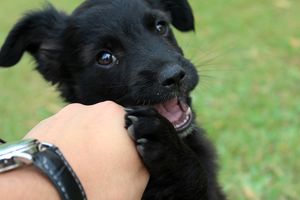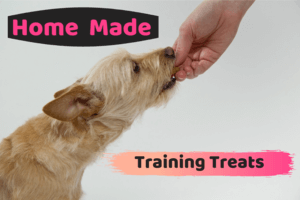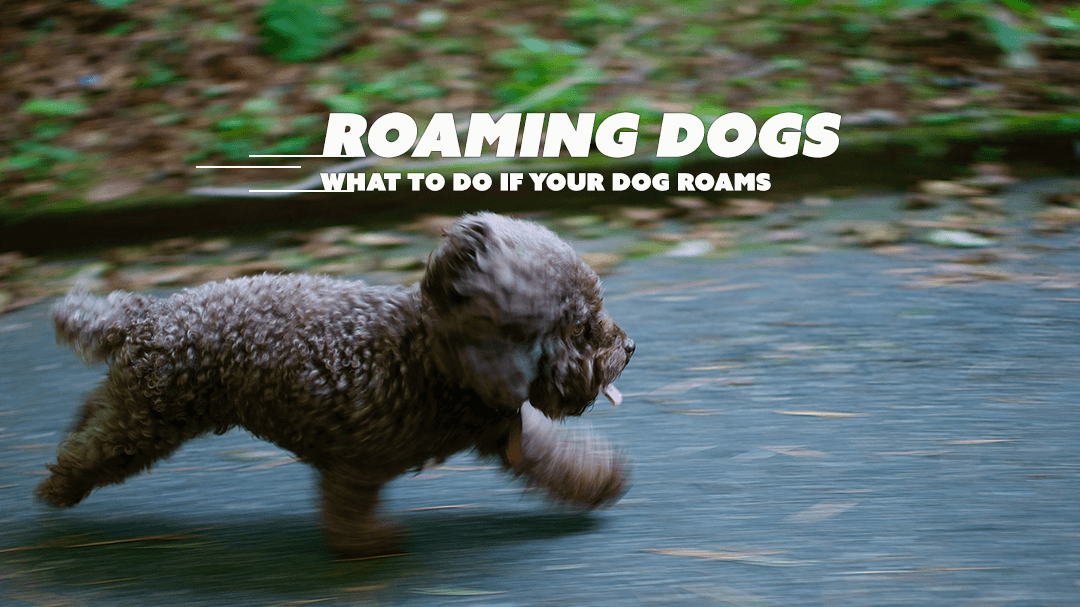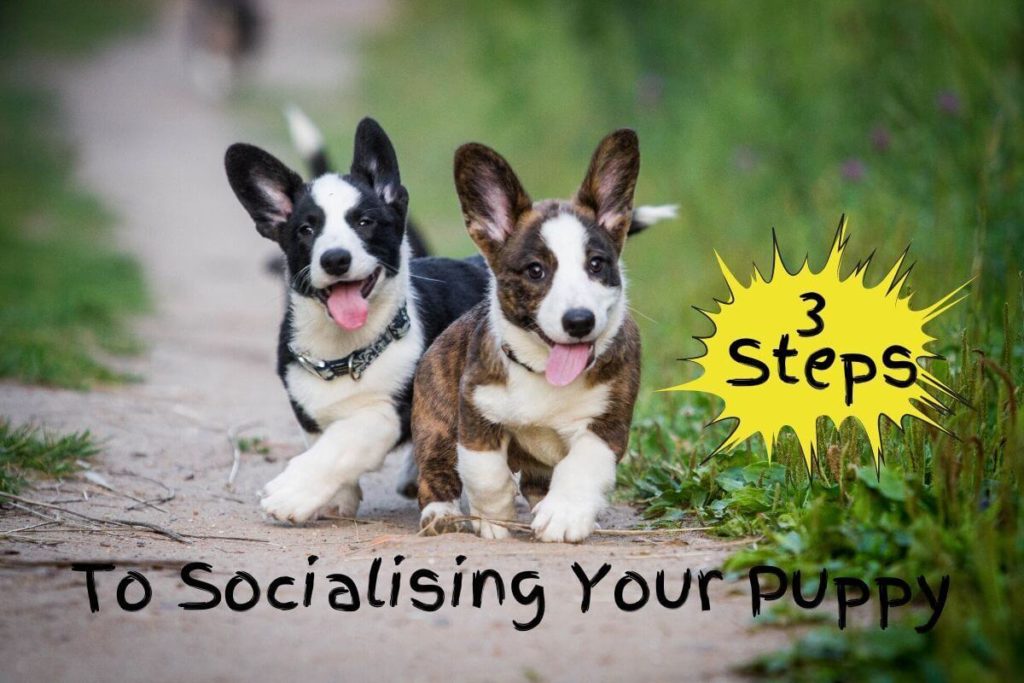Helping Humans Understand Dogs
Helping Humans Understand Dogs
BLOG CATEGORIES
RELATED POSTS




This period of COVID isolation has proven to be a popular time for many people to buy a puppy. With many people on leave from their jobs or working from home, they now have the extra time on their hands that is required to care for and train a puppy.
Puppies have a whole lot of special needs, however, in this post, I’m going to concentrate on just one – socialisation.
Before you start training, ask the breeder or wherever you acquired your puppy whether your puppy has been exposed to other dogs, animals, and people.
What sort of environmental enrichment have they had to prepare for their journey into the busy, loud, colourful world?
Ideally, they should have had supervised appropriate exposure from two weeks of age to different surfaces, age-appropriate obstacle courses, opportunities to play with different textured and sounding toys and of course to socialise with humans.
Socialising your puppy needs to happen in stages in order for them not become overwhelmed and/or fearful.
These are the first 3 steps:
Have fun, enjoy the time with your puppy and don’t forget this is the age you need to start training. A good foundation in the six core behaviours (sit, stay, down, quiet, come and loose-lead walking) makes for a happy, harmonious household as your puppy matures.
Subscribe to our newsletter for all our latest news.
Subscribe to our newsletter now and stay-up-to-date with the latest news
Subscribe to our newsletter now and stay-up-to-date with the latest news
Copyright © Animal Talent | All rights reserved | Powered by Yakk